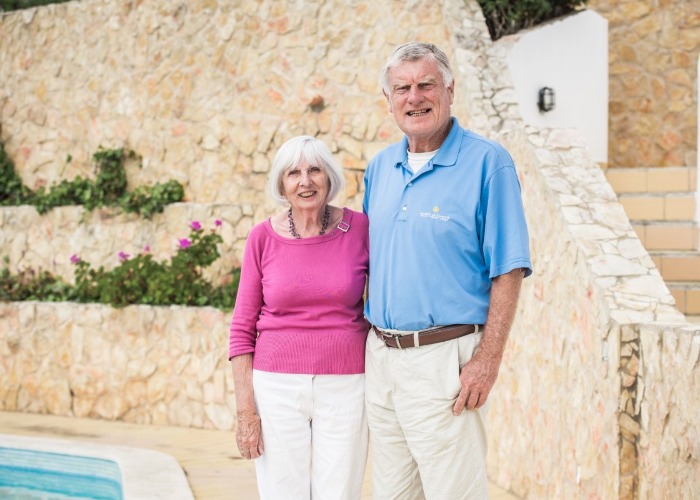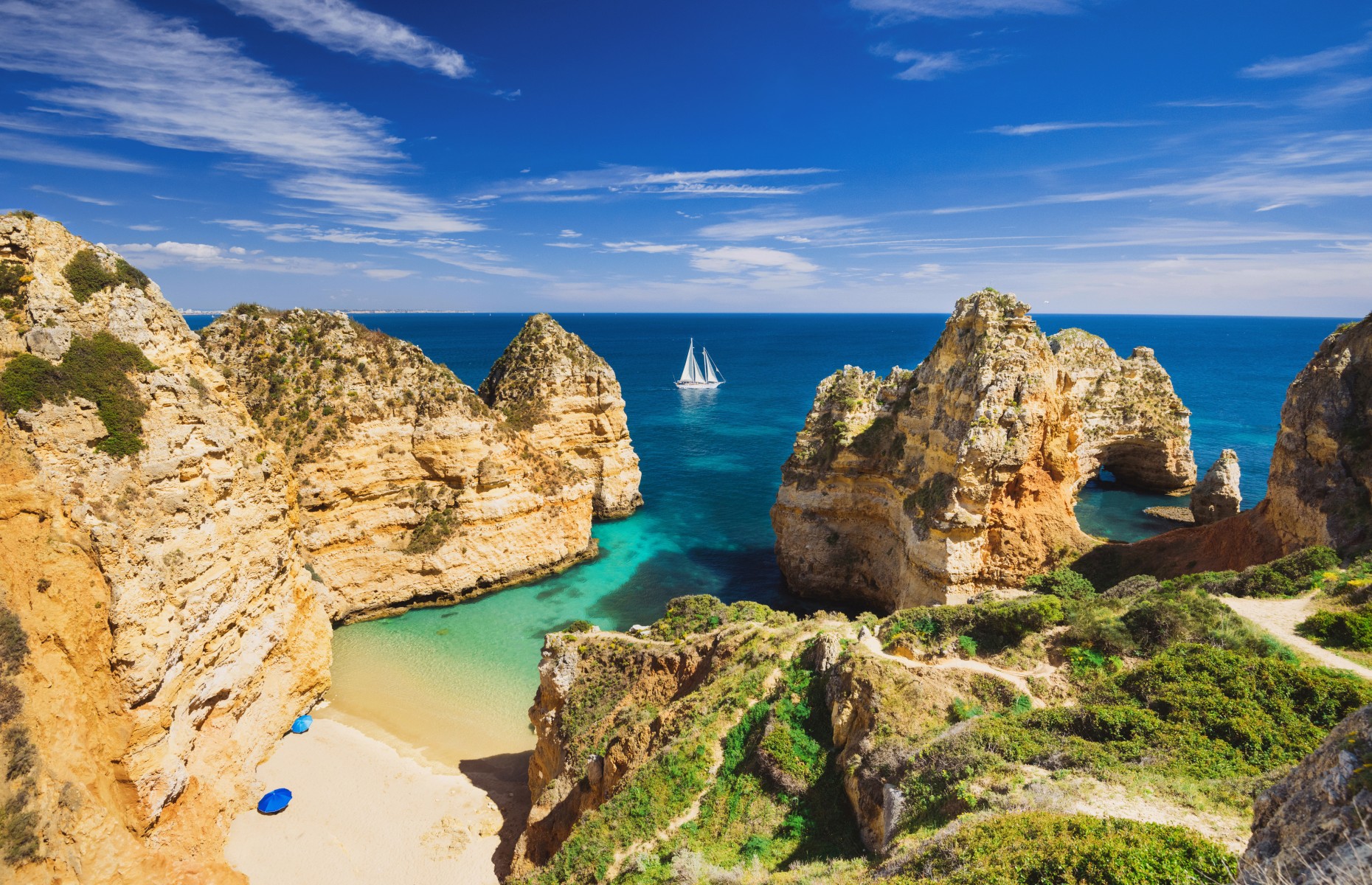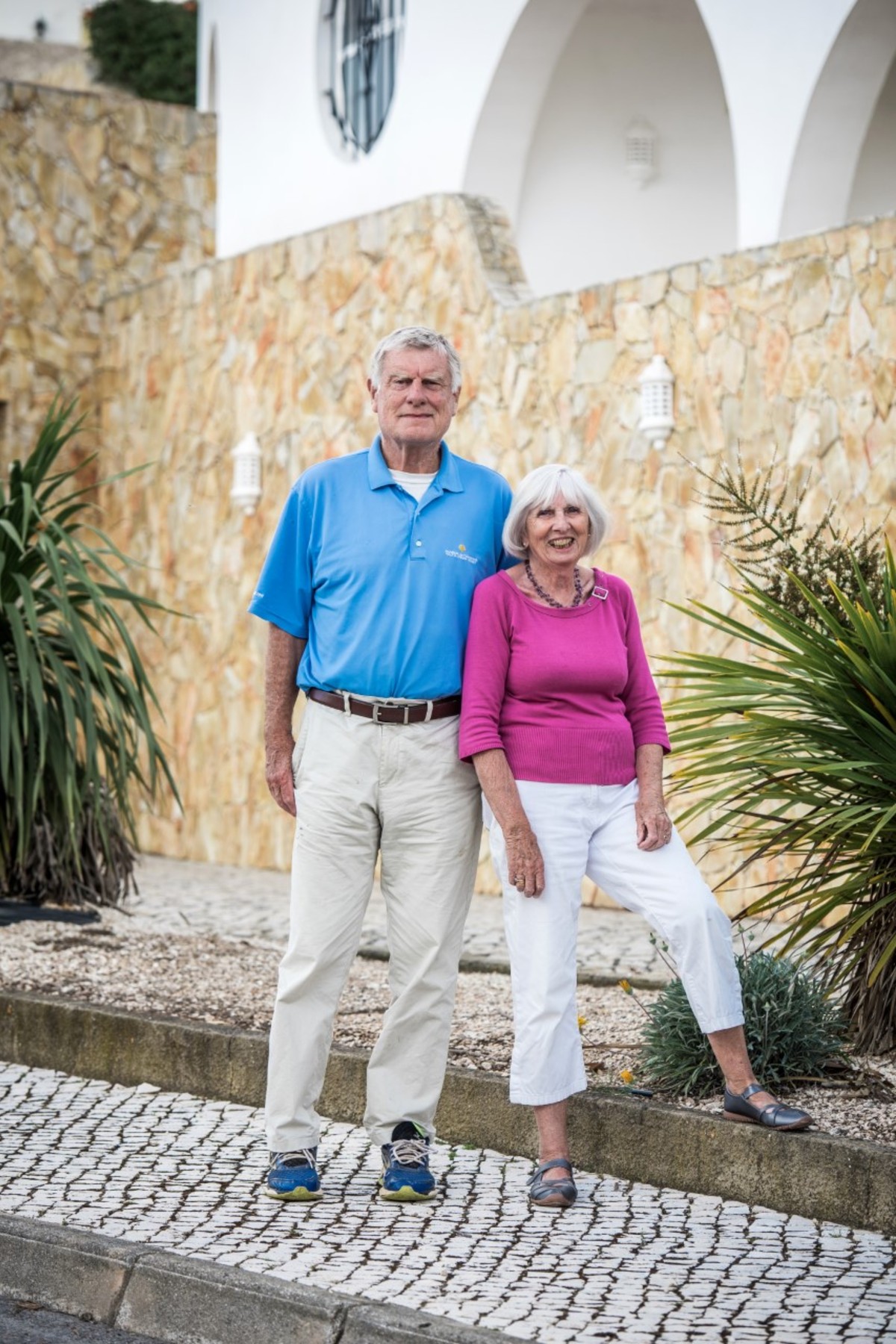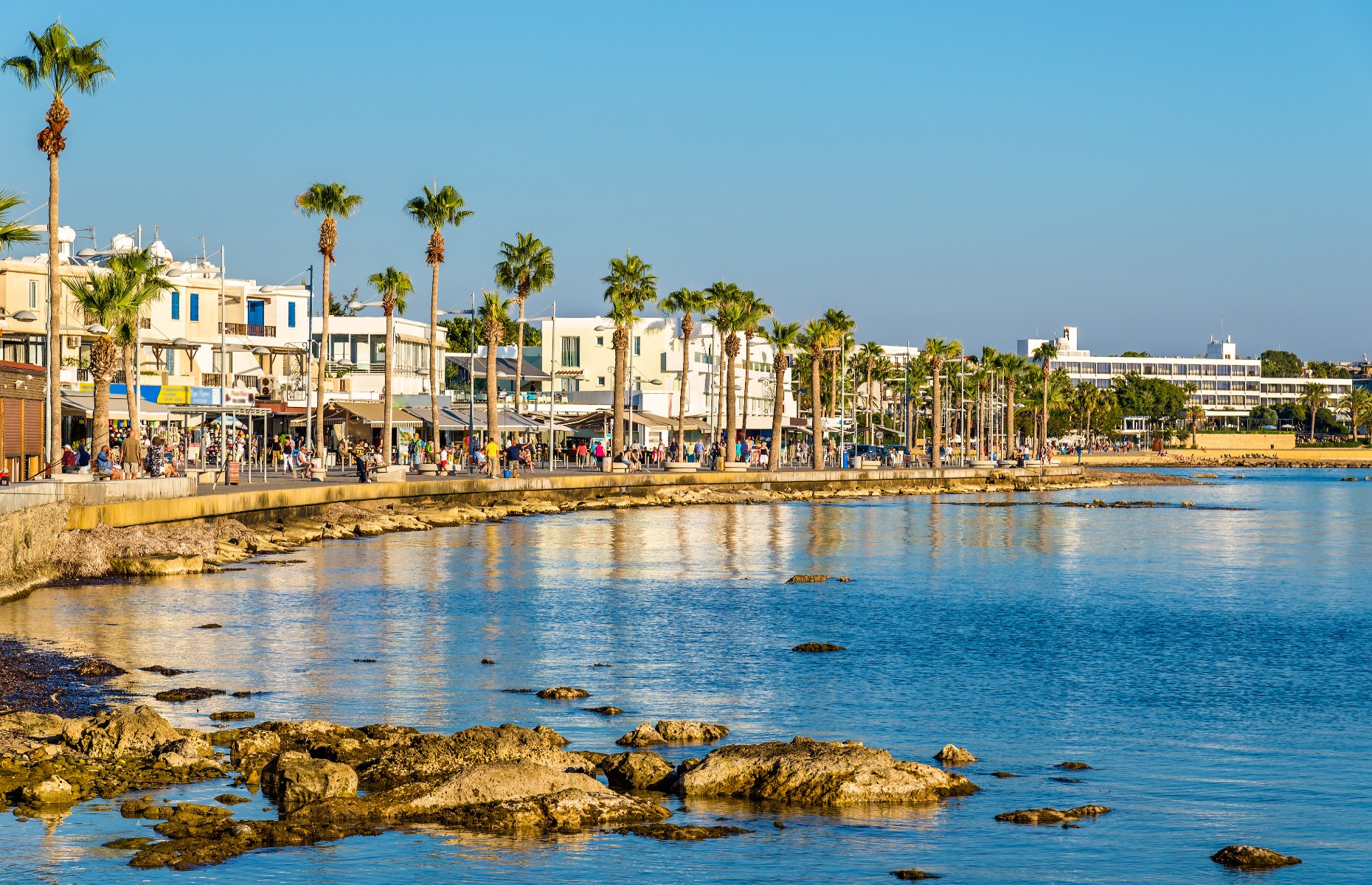This couple retired abroad and saved a fortune – here’s how you could too

Offering a host of financial benefits, retiring abroad needn’t just be about finding some sunshine – as this couple’s story goes to show.
With around 500,000 Americans receiving their social security benefit abroad – up from 400,000 people in 2000 – and the number of British pensioners abroad having increased by a quarter in the last decade, retiring overseas is clearly becoming a reality for many.
Yet for others it may still seem a distant dream. We caught up with Ivor and Patricia Berresford, a couple in their mid-70s who have been living in the Algarve, Portugal, for the past 18 years. We discuss the reasons to make the move – from improving your finances to getting a better quality of life – as well as navigating the technical parts of the process.
Why retire overseas?
There are many different reasons people choose to move abroad in retirement. According to a survey of 389 American and Canadian expats by The Best Places in the World to Retire, the top reasons people moved were for a lower cost of living (87%), a simpler, less stressful life (82%) and better weather (74%).
For Ivor and Patricia, it was a combination of all three. The couple had been exploring different options for moving abroad and had initially considered Spain.
“We spent some three months driving up and down the coast from Almeria to Gibraltar. After this time, we decided that Spain was not for us. There were too many people, and the traffic was horrendous.”
Portugal seemed the next logical step. Ivor, who worked at Shell International for 24 years, says they had lived in many different countries before retirement, including the Oman, France, Kazakhstan and Germany. “The Oman had taught us how to enjoy a sun-filled life,” he said.
After dismissing major tourist centres, which they found too busy, the pair settled on a villa located on Parque da Floresta Golf Course, 10 miles from the Southern city of Lagos. “Behind the property the National Park spreads out towards the west coast. We also have the ocean a 40-minute walk to the south. It’s simply perfect.”

Image: Kite_rin/Shutterstock
The lifestyle is well-suited to expats, with a 250,000-strong expat community living in the Algarve. Unsurprisingly, a range of clubs and societies have sprung up, including bowls, golf, hiking and dance, for this growing group. However, there are other benefits of living in the region, and Ivor lists, “security, open spaces, friendliness, good environmental awareness, fresh air and sea views.”
What are the financial benefits?
But while the lifestyle has its perks, Portugal's tax system is one of the main attractions for expats and retirees. Portugal’s Non-Habitual Residence Scheme (NHR) effectively introduced legal tax breaks for expats and retirees in order to attract economic investment in the region following the 2008 economic crisis. This means that the country hasn’t been taxing new residents’ foreign income for the first 10 years that they live there.
Jason Porter, financial advisor at expat advisory firm Blevins Franks Financial Management, explains: “In a normal situation, a country of residence is where things are mainly taxed. But if the other country has the ability to tax something within their tax rules, then Portugal won’t tax it, even though that person is a resident in Portugal.
"The reason it works so well for retirees is because if you haven’t been a tax resident in Portugal for the five previous tax years, anybody can apply or register for it.”
Ivor and Patricia have been able to benefit from this scheme. However, this January plans to introduce a 10% tax on the foreign income of new reisdents were announced by the government. Those who move to Portugal and join the scheme before 31 March 2020 will not be affected.
Depsite the new tax rate, Portugal remains an attractive option for retirees looking to protect their money as 10% is a very competitive rate.
Plus, there are low requirements for income to be able to move to Portugal. “You must have health cover and sufficient financial resources so that you’re not a burden on the social care system,” says Porter. For European residents (including Brits until 2021), an EHIC card will suffice until you receive a residence permit, while your income must equal Portugal’s minimum wage of €635 (£547) a month.
 Image coutesy Garrett Walsh/Algarve Photography
Image coutesy Garrett Walsh/Algarve Photography
Which other countries are good for retirees?
Several other European countries have attractive tax schemes for retirees, including Malta and Cyprus.
“Malta has a non-domicile regime, so for people who move there that aren’t from Malta, if they maintain their money outside of Malta then they don’t have to pay tax on it,” Porter explains. “And there are certain forms of income or gains that you can get into Malta that you don’t pay tax on as well. Whatever tax you do pay in Malta, as a non-Maltese national, shouldn’t go over 15%”.
Meanwhile in Cyprus there are good tax breaks for pensioners, too. “Cyprus is particularly attractive around crystallising pensions, because you only pay a maximum of 5%, plus you don’t pay tax on dividend income or interest if you’re a national.”
Even countries that might seem high taxing can be affordable for retirees. “In France and Spain, you can structure your income very conservatively to live attractively from a tax perspective, and there are various tax breaks around pension and investment income,” says Porter.
 Image: Leonid Andronov/Shutterstock
Image: Leonid Andronov/Shutterstock
Could a place in the sun be right for you?
While moving abroad in retirement isn’t for everyone, it’s clear there are a multitude of financial and lifestyle benefits.
It’s worth working out what your priorities are – factors such as lifestyle, distance from your country of origin, cost of living and your ability to buy property should all be considered before making the move.
Brexit is also a factor to consider. “What we will see now is, now the withdrawal agreement is all signed off and done (which happened by 31 January) there’ll be a 11-month window where people are likely to rush to move abroad,” says Porter.
“Whatever further agreement the UK agrees with the EU in these next 11 months for what will be the rules after the transition period.”
The bottom line? There’s no doubt that moving abroad could make you better off in retirement, as Ivor and Patricia’s story goes to show.
If you’re in need of more inspiration, read more about the best countries to retire to in 2020, or check out our top tips for retiring early.
Comments
Be the first to comment
Do you want to comment on this article? You need to be signed in for this feature